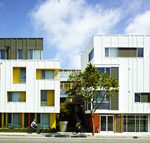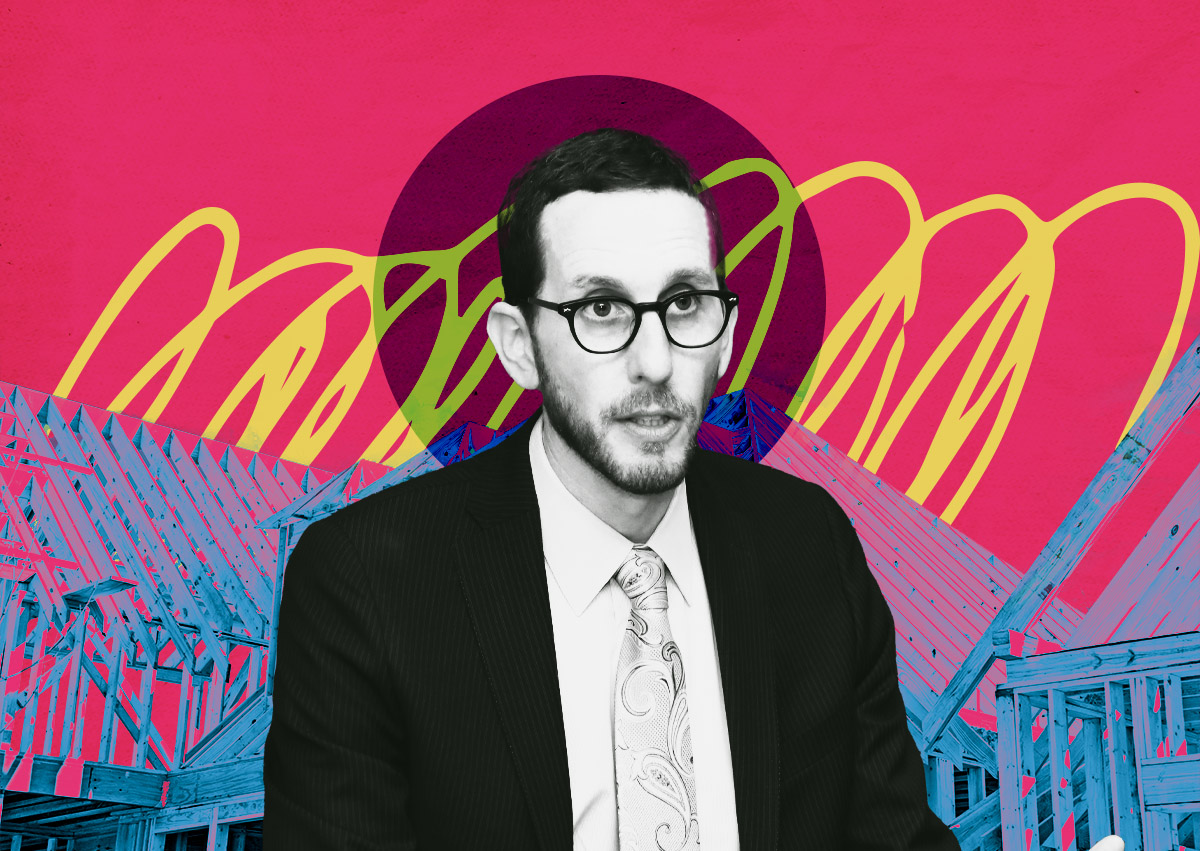Senate Bill 35 rocked the state five years ago when it forced cities to streamline project approvals for affordable homes. Now a lawmaker wants to expand its reach.
State Sen. Scott Wiener, D-San Francisco, has launched a bill to make the homebuilding law permanent by stripping its 2025 sunset provision, the San Jose Mercury News reported.
He’s also proposing changes that would expand the law’s reach.
“California needs millions of new homes, and we must give cities and builders every tool to make those homes a reality,” Wiener said in a statement.
SB 35, authored by Wiener, shook up the state’s building process in 2017 and sparked pushback from city leaders and residents who said it gave Sacramento too much control over the kinds of homes allowed in their neighborhoods.
But it also helped thousands of new homes make it through an approval and permitting process so difficult that projects are often stymied or killed.
Under SB 35, cities must grant streamlined approval to certain projects that include affordable housing — and those projects are immune from environmental lawsuits often used by opponents to halt or delay construction.
The law applies only in cities that have not approved enough housing to meet state guidelines, which includes most California cities.
To take advantage of the streamlining, builders must use sites zoned for residential or mixed-use construction in urban areas where most of the site borders existing developments, according to the Sacramento Bee.
The bill also requires builders to pay workers prevailing wage on projects of at least 10 units. Projects with at least 50 units of housing must cover workers’ healthcare. Developers also must hire workers in apprenticeship programs when possible.
Between 2018 and 2021, developers proposed 18,000 housing units under SB 35, including 13,000 low-income units, Wiener’s office said, citing preliminary data from UC Berkeley’s Terner Center for Housing Innovation. Of those, more than 11,000 were approved.
San Francisco added nearly 2,000 units under the law.
Wiener’s attempt to make his measure permanent came after Assemblywoman Buffy Wicks, D-Oakland, got a similar bill through the Legislature last year. Assembly Bill 2011 streamlines housing production in commercially zoned areas and also includes prevailing wage and apprenticeship requirements.
Wiener’s bill extension, like AB 2011, has the support of the California Conference of Carpenters. It’s unclear whether the powerful State Building and Construction Trades Council of California — which backed SB 35 the first time around — will do so again, according to the Bee.
The two unions were at odds last session over the labor requirements in Wicks’ bill. The carpenters were pleased with prevailing wage standards, but the trades wanted to see more provisions pushing developers to hire “skilled and trained workers,” or union labor.
SB 35 contained skilled and trained requirements, but the 2023 version appears to have labor stipulations that are closer to those in Wicks’ bill.
Wicks, who chairs the Assembly Housing and Community Development Committee, negotiated union concerns by partnering with Sen. Anna Caballero, D-Merced. Caballero authored a similar bill incentivizing housing construction in areas zoned for retail and office space. But her measure also stipulated developers must initially solicit bids for union labor.
Tag-teaming the two bills helped lawmakers push them over the finish line, and Gov. Gavin Newsom signed them in September. The trades never supported Wicks’ bill, but they remained mum and didn’t object to its passage, the Bee reported.
Wiener has already gotten caught up in this power struggle. The senator in December introduced a bill making it easier for religious institutions to build housing on their property. The carpenters are backing Wiener’s bill, while the trades council came out in opposition to it.
Read more



